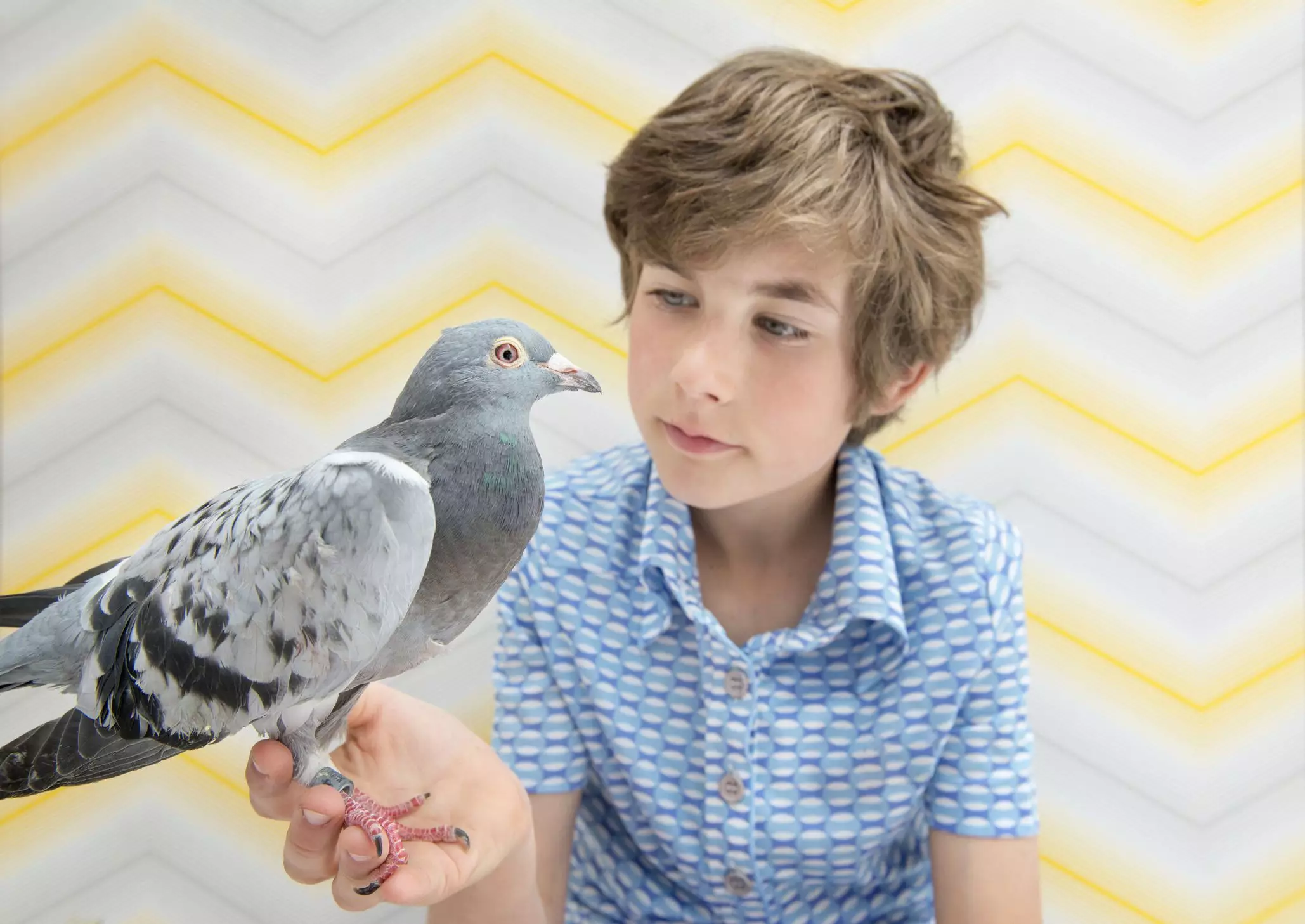Pigeons, along with their elegant relatives, the doves, have established their presence as one of the most common pet birds worldwide. These stout-bodied and short-legged creatures have become cherished companions for many. However, their popularity also comes with the responsibility of ensuring their health and well-being. This article delves into the most prevalent diseases that can affect pet pigeons, emphasizing the identification, impact, and treatment options, as well as preventative care to maintain a thriving aviary.
The Vulnerabilities of Pet Pigeons: Common Ailments
Pet pigeons are susceptible to a variety of ailments that can significantly impact their quality of life. Some of the most common diseases include canker, respiratory infections, worms, and various external parasites. Each condition carries unique symptoms, potential complications, and treatment approaches.
Canker is one of the most recognized diseases among pigeon enthusiasts. Caused by a protozoan organism, this disease primarily affects the throat, leading to severe respiratory distress. Pigeons often contract canker through shared water sources or infected food. Key symptoms include visible nodules in the throat, breathing difficulties, diarrhea, and lethargy, all of which can escalate to life-threatening situations if left untreated. Vet-prescribed medications or even surgical intervention might be required to address severe cases.
Another pressing health concern is respiratory infections, which are notoriously contagious and particularly dangerous for young, old, or stressed birds. Symptoms typically include labored breathing, audible coughing, nasal discharge, and a distinct lethargy. If untreated, such infections can result in severe complications or death. The causative agents of these infections can range from bacterial pathogens to viral strains, necessitating an immediate veterinary response upon noticing any signs of illness.
Worms and Intestinal Health: A Hidden Threat
In addition to these visible health issues, pigeons often harbor an array of internal parasites such as roundworms, tapeworms, and hairworms. These parasites can significantly affect a bird’s digestive efficiency and overall vitality. Symptoms manifest as diarrhea, weight loss, and decreased energy levels, yet they may go unnoticed without proper fecal examinations.
Preventative measures against intestinal worms primarily involve regular microscopic examinations of droppings and prompt treatment with antiparasitic medications when infestations are detected. However, the high rate of transmission through contaminated food or contact with infected droppings makes complete prevention challenging, thus underlining the importance of routine vet checks and attentive pigeon care.
External parasites, including lice, mites, and flies, can exacerbate the health challenges faced by pet pigeons. These nuisances not only induce irritation but can also lead to anemia and stress. Signs of external parasites include scabs, hair loss, and excessive scratching or preening in the affected bird. Treatment often involves medicated sprays or topical treatments that eliminate infestations and restore health.
One overlooked but common issue in pigeon health is coccidiosis, caused by the presence of coccidia—microscopic organisms found in droppings. Though small amounts of coccidia are generally tolerated within pigeon lofts, excessive levels can lead to severe diarrhea, weakness, and nutrient malabsorption. Regular veterinary assessments and fecal exams can effectively monitor for this issue, promoting timely intervention if symptoms arise.
Pet owners need to remain vigilant about their pigeons’ health, as many ailments can progress rapidly without proper intervention. Establishing a relationship with a veterinarian experienced in avian medicine is crucial. Regular check-ups, routine vaccinations, and discussions about dietary needs can help prevent many common diseases.
In light of the numerous potential health hazards, creating a clean living environment with adequate ventilation and low-stress conditions is paramount. Factors such as temperature fluctuations and dampness should be closely monitored to minimize infection risks. A proactive approach to health, encompassing diligent care and consultation with veterinary professionals, ensures that pet pigeons can lead long, healthy lives as cherished companions.
As with all pet ownership, understanding the unique needs and potential health challenges of pigeons is vital for fostering a safe and nurturing home. By prioritizing preventative care and maintaining open communication with veterinarians, pigeon enthusiasts can create optimal conditions for their feathered friends to flourish.

